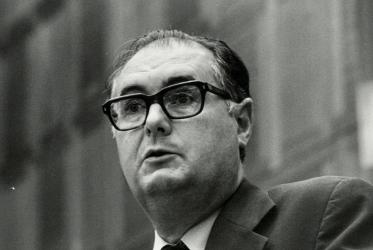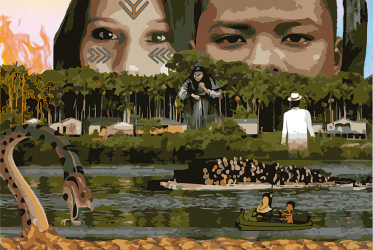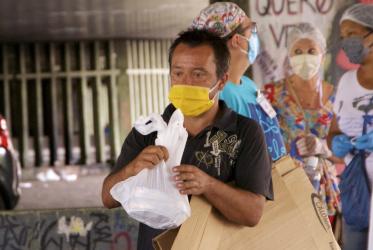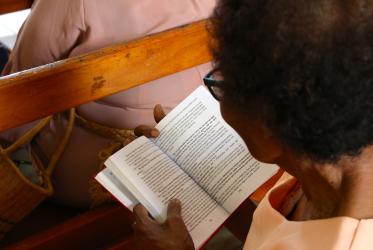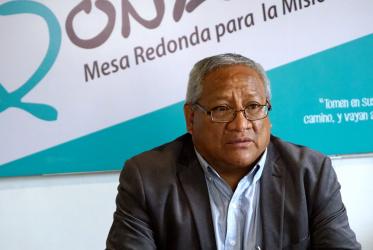Displaying 1 - 20 of 36
17 April 2024
WCC mourns the death of Julio de Santa Ana
20 April 2023
Prayer from Chile for strength during pandemic
02 June 2021
COVID-19 in conflict zones: “a crisis within another crisis”
27 November 2020
New student body at Bossey Ecumenical Institute “a source of joy”
14 September 2020
“Pray at home” an ecumenical call in Brazil
09 April 2020
WCC Eco-School encourages youth to become eco-ambassadors
08 November 2018

